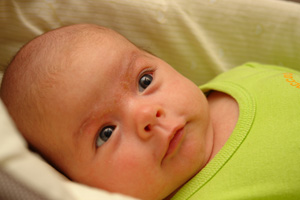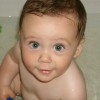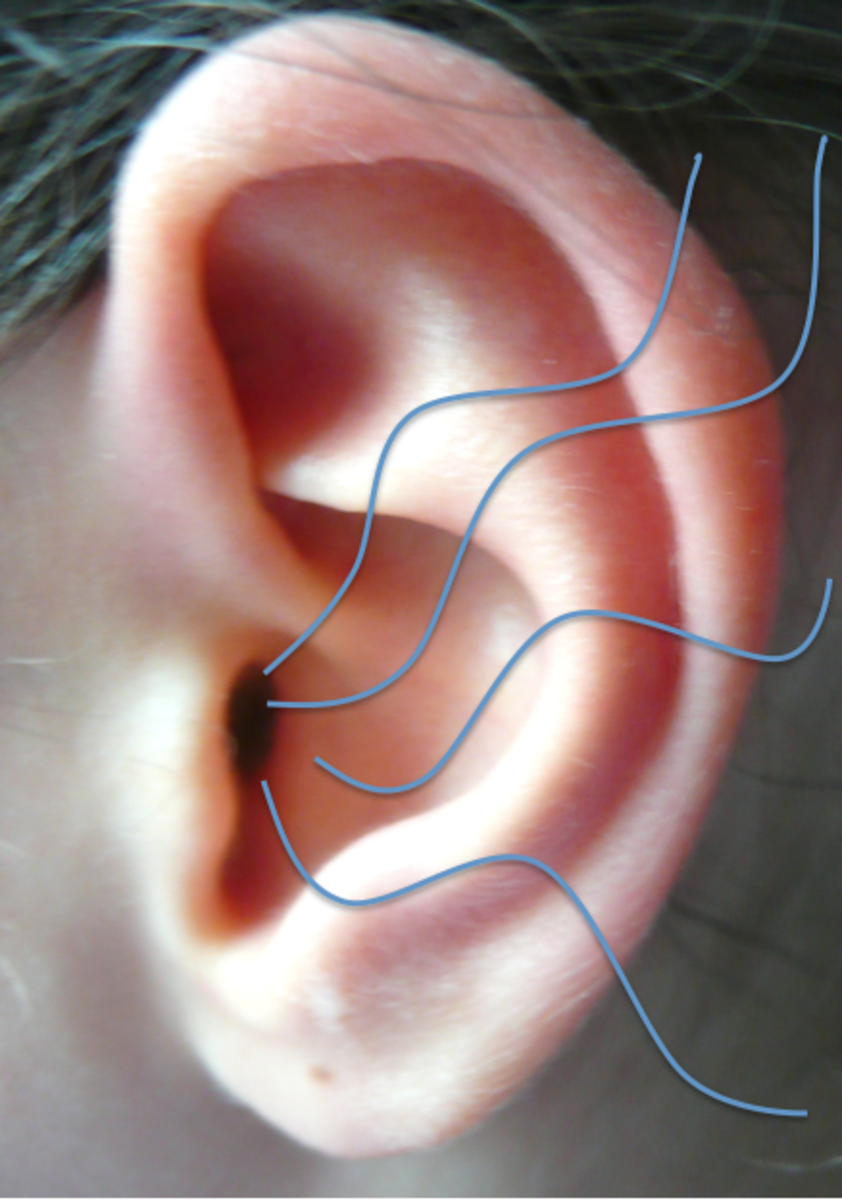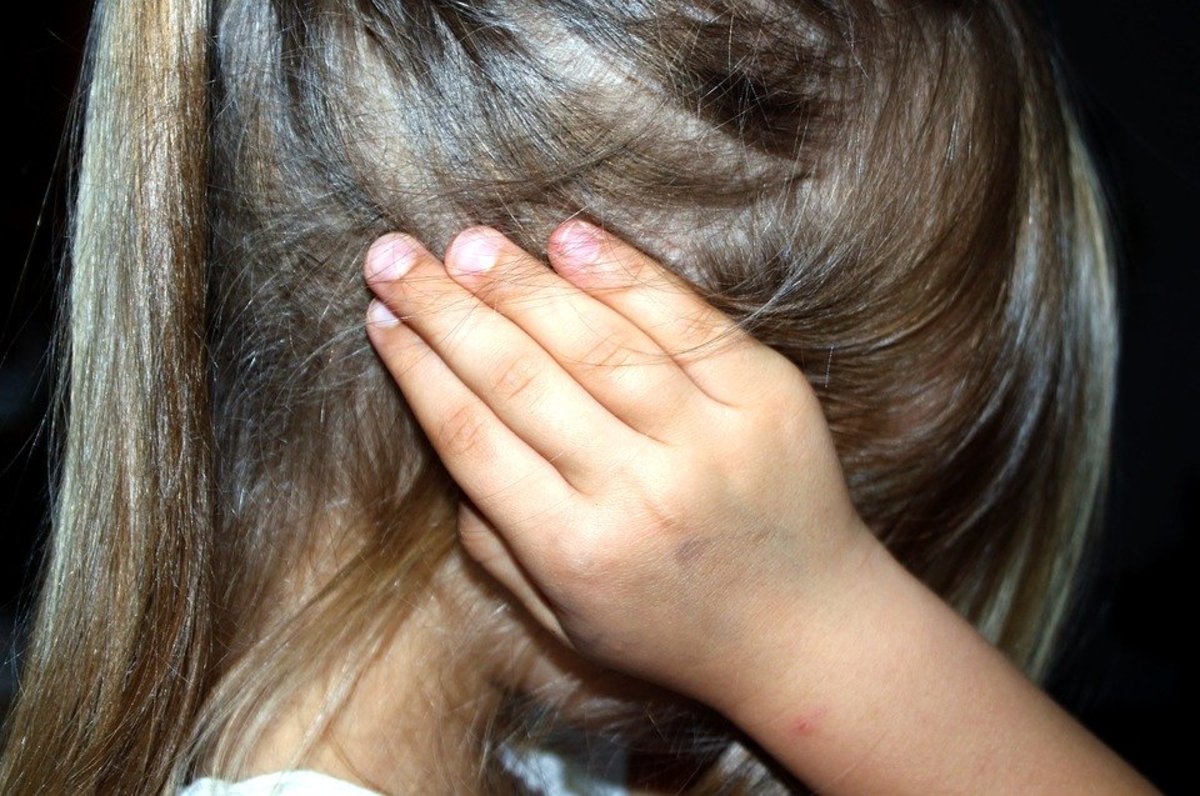Infant Breathing - Noises

For parents, there is something so soothing and reassuring about watching their baby sleep. The small jerks and reflexes, the “sleepy smiles,” the rhythmic sound of baby’s breathing are compelling and hypnotic. However, babies can make odd noises in their sleep. Some are perfectly normal, while others may indicate a breathing problem or illness. Knowing what to expect can help you determine when to be concerned.
Common Breathing Sounds
WebMD offers a comprehensive overview of breathing sounds you may expect to hear from your baby. A whistling noise probably means a blockage in the nostrils, which you can suction out with a bulb syringe. Mucous or dried milk can block nasal passages slightly, causing this noise.
Infants’ trachea tissues are soft and pliable and can make a raspy sound when air moves through them. This sound is rarely due to a blockage and doesn’t indicate significant breathing trouble. A deep cough, however, may be caused by a blockage in the large bronchi which lead to the lungs.
Wheezing may indicate a blockage in the small airways of the lungs when your infant inhales and exhales. A cough that sounds like a bark may indicate croup and is often due to mucous in the windpipe.
Fast and labored breathing may be cause by fluid in the very smallest airways, which causes pneumonia. Other symptoms of pneumonia are a persistent cough and crackly sounds in the lungs, heard through a stethoscope.
- Quality Toys and Hobbies
Legos and Educational toys selected by experts in the field of child development. Educational, fun toys from Legos, Lego Sets, Melissa and Doug, Imagiplay and many other high quality child safe brands. - Parenting Tips
Parenting tips and resources for parents and family. Find websites and information related to family and children. - Early Signs Of Autism
What are the early signs of autism. Autism is a developmental disorder that appears in the first 3 years of life, and affects the brain's normal development of social and communication skills. - Child Development Media
When to Worry
Clearly, some breathing sounds are more “normal” than others, so you should be aware of what sounds should cause you to watch your baby closely and when to contact your doctor.
If your baby’s rate of breathing is greater than 70 breaths per minute, if he is making a grunting sound, or his nostrils are flaring, he’s probably struggling to get air into his lungs. If you can see your baby’s chest and neck pulling in more deeply than usual, or if he is bluish around the face, these are signs of potentially serious problems. If your baby is feeding poorly or is lethargic, he could have a significant problem.
Fever can be a symptom of a lung infection, so check your baby’s temperature if you’re concerned about his breathing.
Know Your Baby
Of course, you’re just getting to know your newborn, so you may not know what his “normal” breathing sounds like, but if you watch his breathing when he’s well, you’ll get an idea of what to expect.
Remember that newborns commonly exhibit “periodic breathing” that means they will take short (fewer than 15 second) gaps in breathing and then breathe again on their own. If you have any doubts about what is a normal breathing sound and what calls for medical attention, be sure to consult your pediatrician.










